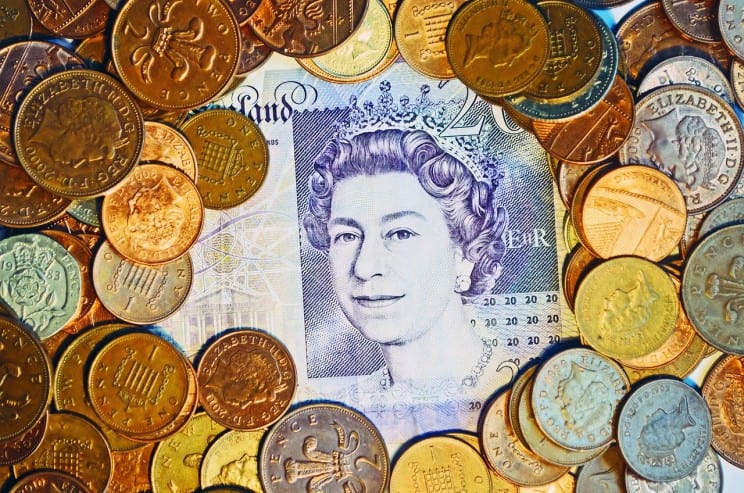
With less than 100 days left to the date of May’s General Election intensity around politician’s current and future policies is beginning to gather momentum. In all elections the state of the country’s finances is likely to provoke much debate and disagreement, especially with austerity measures over the last few years implemented by the coalition government.
Just like in 2010, the main issue at this upcoming election will again revolve around Britain’s economy recovery from the global crash. With a seven-party leadership television debate set to take place, voters are going to be hearing a lot of potential changes that will affect the whole nation.
Leaders of the Conservatives, SNP, Labour, Liberal Democrats, Green Party, UKIP and Plaid Cymru are expected to contest three debates during April towards the end of campaigning. Whatever the dates or parties there you can bet talking about Britain’s economy over the last five years will be high on the agendas of all present in front of television cameras. Thousands of Scottish residents have lost their jobs with those employed finding budgeting quite difficult because of higher living costs without higher wages.
David Cameron will undoubtedly point out that 2014 was the year of Britain’s fastest-growing economy since 2007, but opposition to the coalition will list some shortcomings over the last quarter of 2014, a period when GDP dropped by 0.5 per cent. In the fourth quarter construction output lowered by 1.8 percent. Away from this island, experts are concerned about the future financial outlook around the world.
Chris Williamson, an economist at Markit, warned of an unstable world economy. He said: “The eurozone is potentially entering a new phase of political uncertainty arising from the anti-austerity Syriza party victory in Greece. The upcoming general election in the UK also poses a threat to stability in the event of an inconclusive outcome.
“There’s also the possibility of financial market stress if the US starts to hike interest rates later this year, and geopolitical risks such as the escalation of the Russian-Ukraine crisis likewise pose a threat to global stability.” Thoughts echoed by Harper McDermott, leading insolvency practitioners in Scotland.
Worldwide financial stability is craved by national leaders along with citizens who are finding difficulties with regular payments, particularly after Christmas where resources are stretched and the first credit card payment due is a harsh reflection of our nation struggling to make ends meet.
Debt specialists and charities are expected to take a big increase in February compared with November.
Fortunately, at Trust Deed Scotland we offer tailored and experienced debt advice in Scotland for everyone in financial arrears.
We are committed to giving our clients an affordable monthly repayment plan that will put an end to their economic uncertainty and allow them to enjoy their free time rather than worrying about the state of their bank account. If you are able to make regular payments then you should be able to keep your home or property as well as your car.
The future of Scotland’s economy may be uncertain, but giving Trust Deed Scotland a call will certainly deal with your money problems.